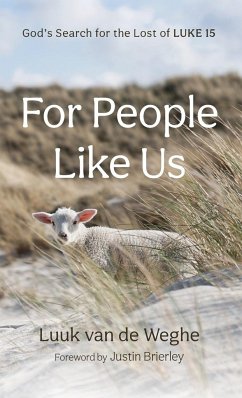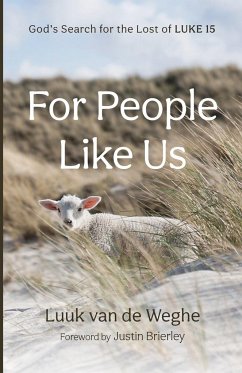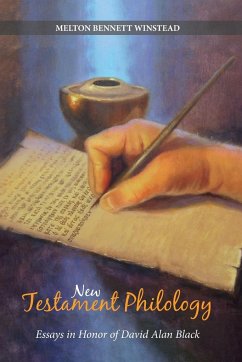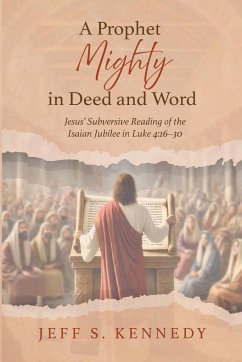Is God really for us? It has been said that no person ever rises above their view of God. Whom we worship, what we worship, is irrevocably tied to who we become. Worship predicts identity. Without a new vision of God there can be no new vision of hope. In the middle of Luke's Gospel, in chapter 15, are three of Jesus's most treasured parables. They are the ""holy, holy, holy"" of Luke's Gospel. The parable of the lost sheep, the parable of the lost coin, and the parable of the lost son(s)"" are more than earthly stories with heavenly meanings. They are images of theological revolution. For People Like Us is not merely a commentary on these parables; it is a study that captures a fresh vision of what God is like. This vision not only influences our reading of Luke 15, but our reading of this text, in turn, influences our theology. Once we appreciate this, we find that God, the creator of innumerable stars, is not merely for us. It is his honor to be so.
Hinweis: Dieser Artikel kann nur an eine deutsche Lieferadresse ausgeliefert werden.
Hinweis: Dieser Artikel kann nur an eine deutsche Lieferadresse ausgeliefert werden.








